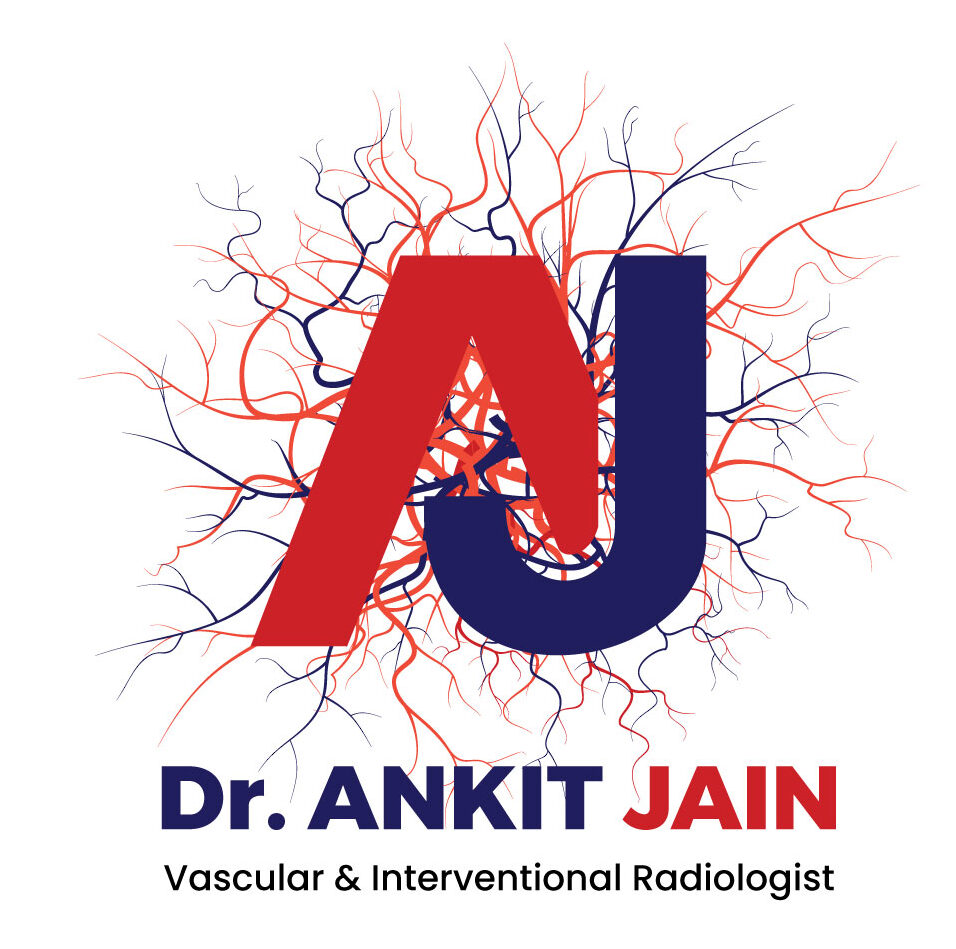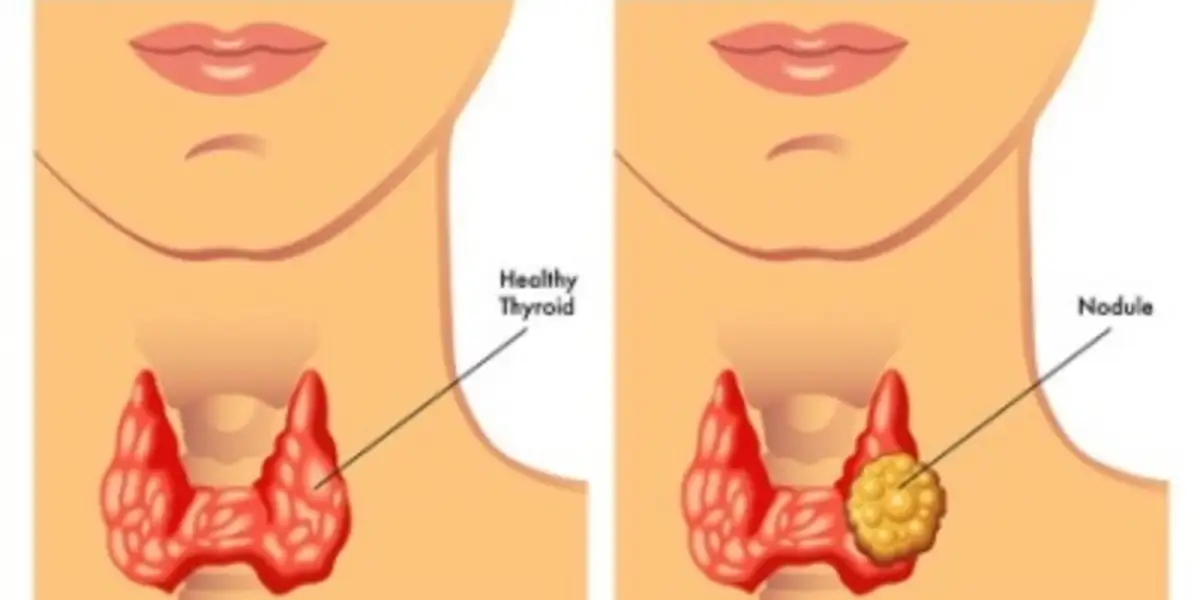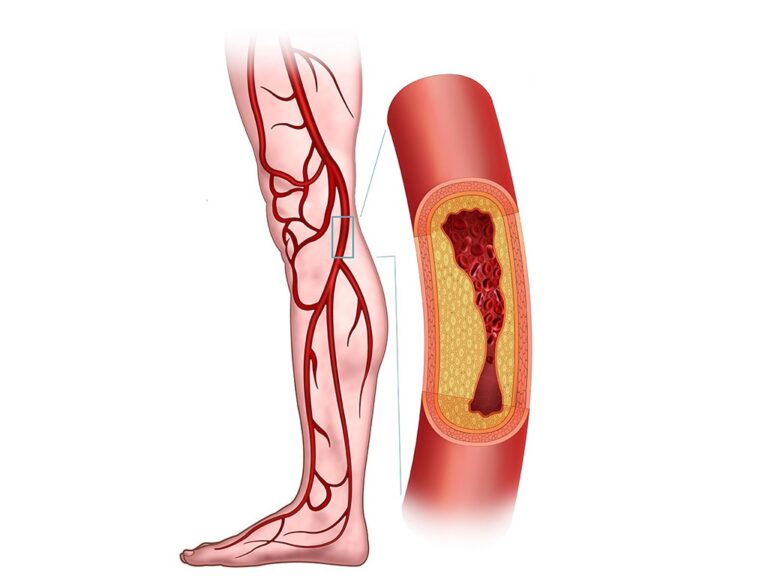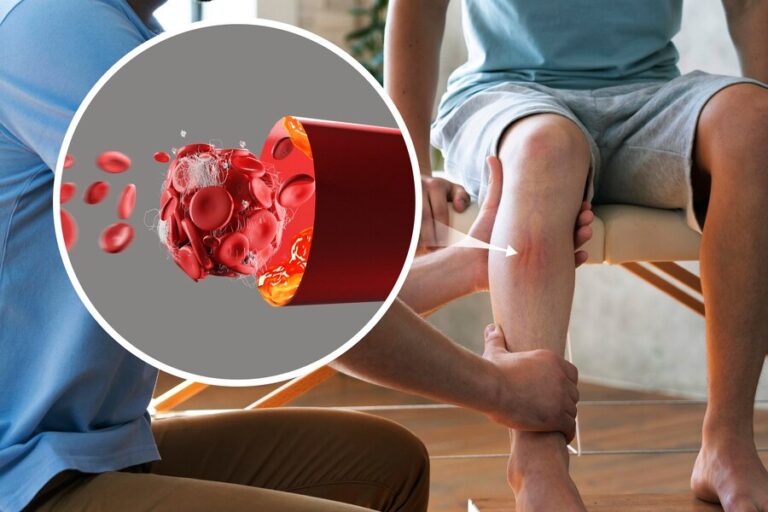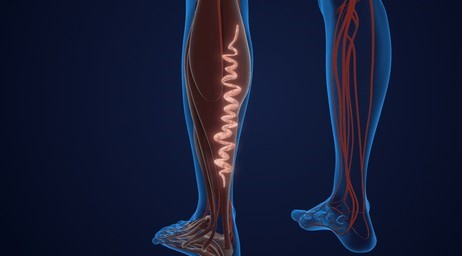Thyroid Nodule Treatment in Sector 101
Thyroid nodules are growths or lumps that form within the thyroid gland, which is located at the base of the neck. While most thyroid nodules are benign and asymptomatic, some can cause discomfort or indicate more serious conditions such as thyroid cancer. Proper diagnosis and treatment are essential for managing thyroid nodules effectively. Thyroid Nodule Treatment in Sector 101 provides patients with access to advanced diagnostic and treatment options under the care of experienced interventional radiologists and endocrinologists.
Understanding Thyroid Nodules
What are Thyroid Nodules?
Thyroid nodules are lumps that develop inside the thyroid gland and can be solid or fluid-filled. They can vary in size and number, and while many are harmless, some can lead to complications or signify underlying health issues.
Causes of Thyroid Nodules
The exact cause of thyroid nodules is often unknown, but several factors can contribute to their development:
- Iodine Deficiency: A lack of iodine in the diet can lead to the formation of thyroid nodules.
- Overgrowth of Normal Thyroid Tissue: Sometimes, normal thyroid tissue can grow excessively, forming nodules.
- Thyroid Cysts: Fluid-filled cysts can develop in the thyroid gland.
- Chronic Inflammation: Conditions like Hashimoto’s thyroiditis can cause thyroid inflammation and nodule formation.
- Genetic Factors: A family history of thyroid nodules or thyroid cancer can increase the risk.
Symptoms of Thyroid Nodules
Many thyroid nodules do not cause symptoms and are discovered incidentally during routine physical exams or imaging tests for unrelated issues. When symptoms do occur, they may include:
- A visible lump or swelling in the neck
- Difficulty swallowing or breathing
- Hoarseness or changes in voice
- Pain in the neck or throat
In some cases, thyroid nodules can produce excessive thyroid hormones, leading to hyperthyroidism symptoms such as unexplained weight loss, rapid heartbeat, and nervousness.
Diagnosis of Thyroid Nodules
Diagnosing thyroid nodules involves a combination of physical examination, imaging tests, and sometimes biopsy procedures.
Physical Examination
A healthcare provider will perform a physical examination, checking the neck for lumps and assessing any symptoms the patient may have.
Imaging Tests
- Ultrasound: The primary imaging test for thyroid nodules, ultrasound helps determine the size, structure, and composition of the nodules.
- Thyroid Scan: This nuclear medicine test involves the use of radioactive iodine to evaluate thyroid function and identify nodules.
Fine-needle aspiration (FNA) Biopsy
If imaging tests indicate a suspicious nodule, a fine-needle aspiration biopsy may be performed. This minimally invasive procedure involves using a thin needle to extract cells from the nodule for laboratory analysis to determine if it is benign or malignant.
Treatment Options for Thyroid Nodules
The treatment approach for thyroid nodules depends on the type, size, and symptoms of the nodule, as well as whether it is benign or malignant.
Observation
For small, asymptomatic nodules that are benign, a watchful waiting approach may be recommended. Regular follow-up appointments and ultrasounds can monitor the nodule for any changes in size or characteristics.
Medications
- Thyroid Hormone Suppression Therapy: In some cases, thyroid hormone medication may be prescribed to suppress the growth of benign nodules and reduce the size of goiters.
- Radioactive Iodine: Used primarily for nodules causing hyperthyroidism, radioactive iodine can shrink overactive thyroid tissue.
Minimally Invasive Treatments
- Ethanol Ablation: This procedure involves injecting ethanol (alcohol) directly into the nodule to shrink it. It is typically used for cystic nodules.
- Radiofrequency Ablation (RFA): RFA uses heat generated by radiofrequency waves to destroy nodule tissue. This technique is effective for both solid and cystic nodules.
Surgical Treatment
Surgery may be necessary for nodules that are large, symptomatic, or suspected to be cancerous. The extent of surgery depends on the nature of the nodule:
- Lobectomy: Removal of one lobe of the thyroid gland containing the nodule.
- Total Thyroidectomy: Removal of the entire thyroid gland, usually performed if there is a high risk of cancer or multiple nodules.
Choosing the Right Treatment in Sector 101
Patients in Sector 101 have access to state-of-the-art facilities and expert medical professionals specializing in thyroid nodule treatment. Here are some considerations when choosing the right treatment:
Consultation with Specialists
- Interventional Radiologist: Experts in minimally invasive procedures like FNA biopsy, ethanol ablation, and RFA.
- Endocrinologist: Specialists in hormonal disorders who can provide comprehensive care for thyroid conditions.
Personalized Treatment Plans
Each patient’s treatment plan is tailored to their specific condition, taking into account the size and type of nodule, symptoms, and overall health.
Advanced Diagnostic and Treatment Facilities
Sector 101 is home to advanced medical facilities equipped with the latest technology for accurate diagnosis and effective treatment of thyroid nodules.
Ongoing Monitoring and Support
Regular follow-ups and monitoring are crucial for managing thyroid nodules. Healthcare providers in Sector 101 offer continuous support and care to ensure the best outcomes for their patients.
Conclusion
Thyroid nodules are common and often benign, but proper diagnosis and treatment are essential to ensure they do not cause complications or signify more serious conditions. Thyroid Nodule Treatment in Sector 101 ensures that patients benefit from access to expert medical professionals and advanced treatment options tailored to their specific needs. Whether through observation, medication, minimally invasive procedures, or surgery, the goal is to provide effective and personalized care for optimal thyroid health. If you suspect you have a thyroid nodule or are experiencing related symptoms, seek professional medical advice to explore the best treatment options available.
For any further queries, Plz visit drankitinterventionalradiologist.com
